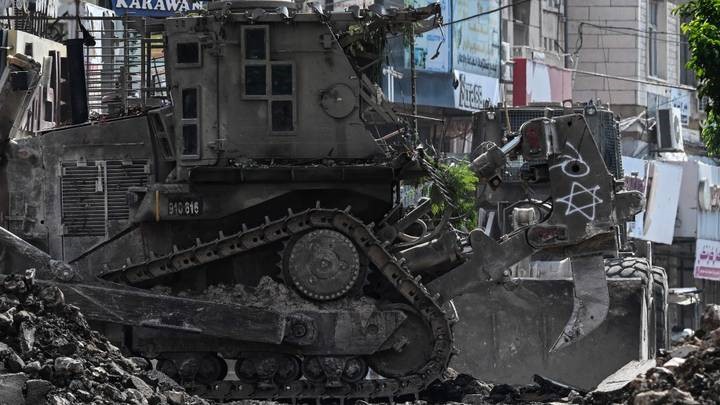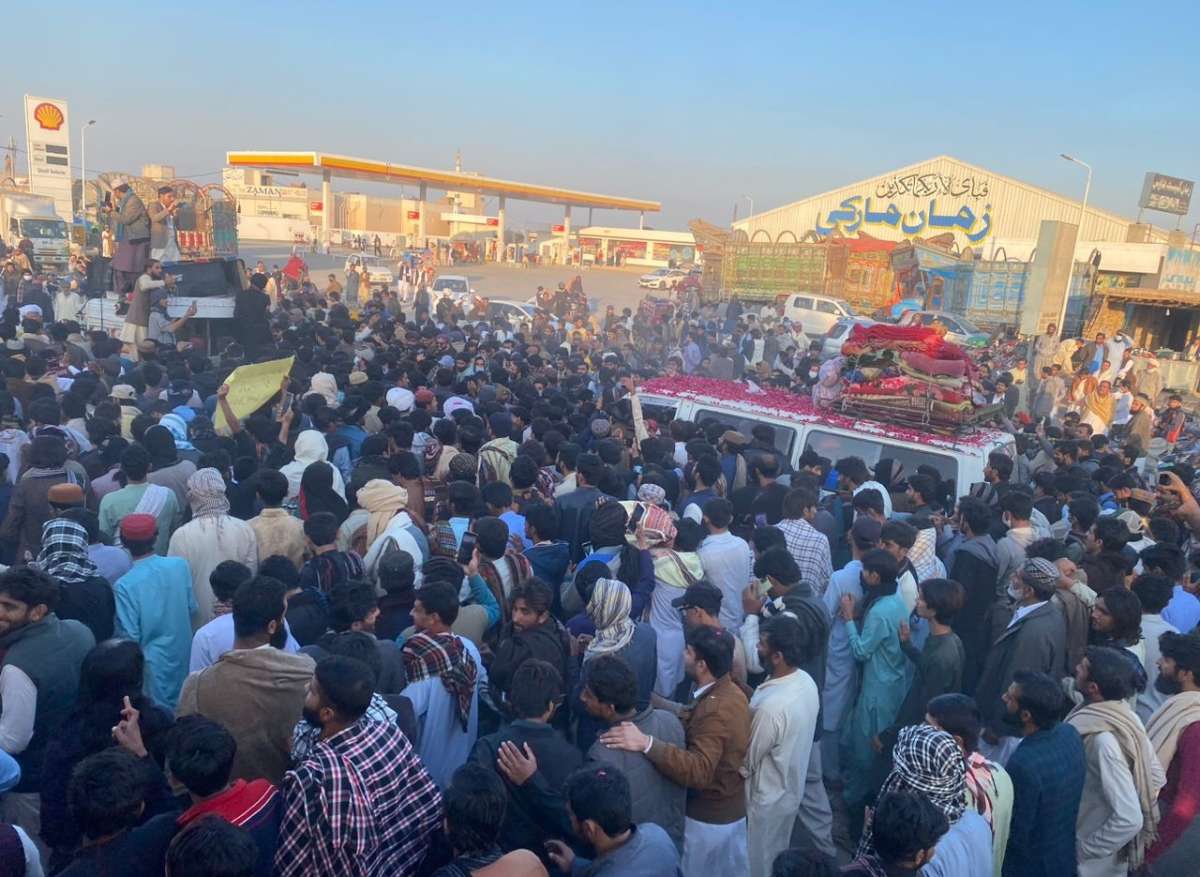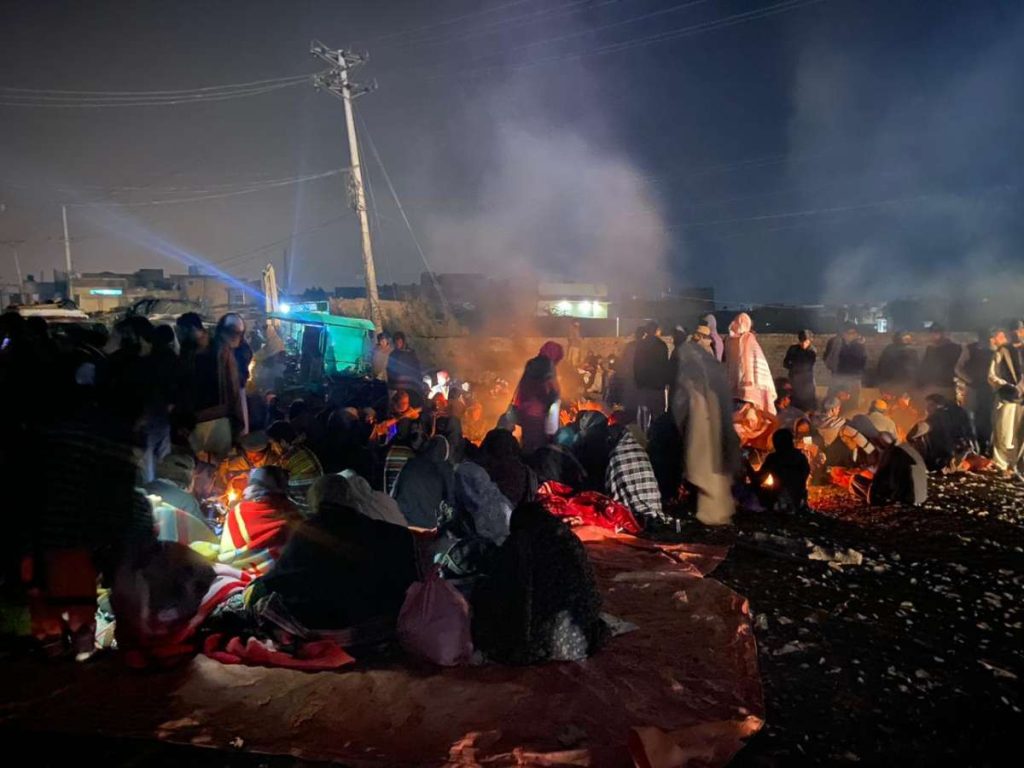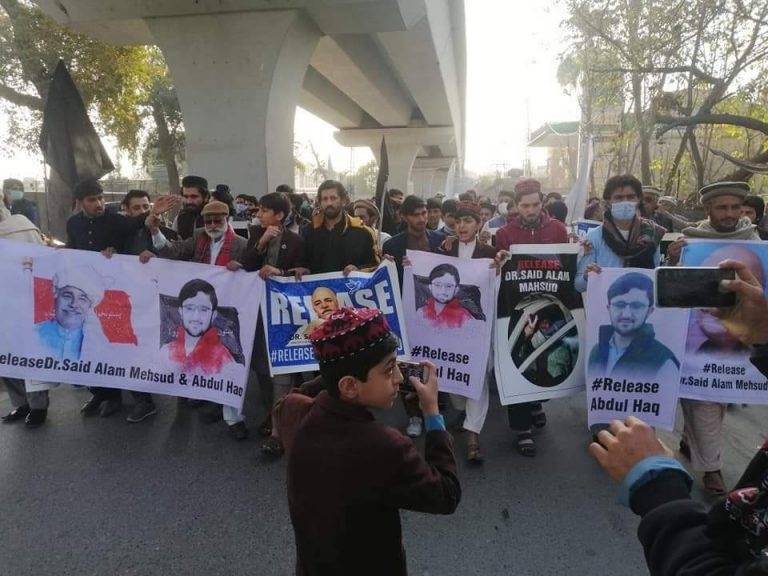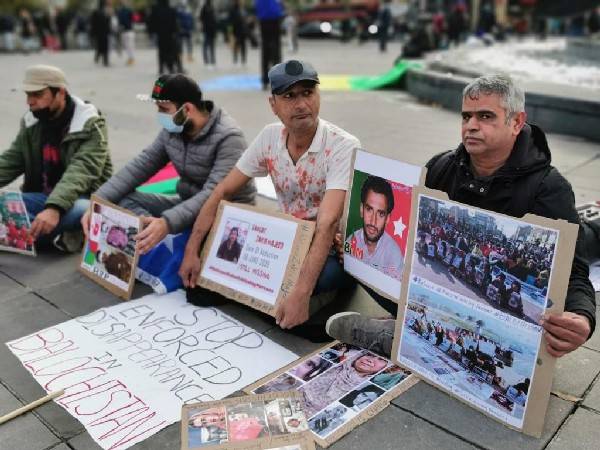The London-based rights group said the levelling since the start of the war on October 7 “should be investigated as war crimes of wanton destruction …reports Asian Lite News
Amnesty International Thursday urged a war crimes probe into Israel razing homes and farms in eastern Gaza to expand a so-called buffer zone between it and the Palestinian territory.
“Using bulldozers and manually laid explosives, the Israeli military has unlawfully destroyed agricultural land and civilian buildings, razing entire neighborhoods, including homes, schools and mosques,” it said.
The London-based rights group said the levelling since the start of the war on October 7 “should be investigated as war crimes of wanton destruction and of collective punishment.”
Israel has in several cases said it was destroying “terror” infrastructure to protect Israeli communities living on the other side of the fence. It did not reply to a request from Amnesty for comment.
An Amnesty investigation, which examined satellite imagery and videos posted by Israeli soldiers between October and May, showed “newly cleared land along Gaza’s eastern boundary, ranging from approximately 1 to 1.8 km (0.6 to 1.1 miles) wide,” the group said.
The expanded buffer zone covers around 58 square kilometers (22 square miles), or about 16 percent of the Gaza Strip, it said.
More than 90 percent of buildings within that zone appeared to have been destroyed or severely damaged, it said.
More than half of the agricultural land in the area showed “a decline in health and intensity of crops due to the ongoing conflict,” it added.
“Our analysis reveals a pattern along the eastern perimeter of Gaza that is consistent with the systematic destruction of the entire area,” said Amnesty’s Erika Guevara-Rosas.
“The homes were not destroyed as the result of intense fighting. Rather, the Israeli military deliberately razed the land after they had taken control of the area,” she added.
“Israeli measures to protect Israelis from attacks from Gaza must be carried out in conformity with its obligations under international law including the prohibition of wanton destruction and of collective punishment.”
Palestinian armed group Hamas attacked Israel on October 7, resulting in the deaths of 1,205 people, mostly civilians and including hostages killed in captivity, according to an AFP tally based on Israeli official figures.
Of 251 hostages seized by Palestinian militants during the attack, 97 remain in Gaza including 33 the Israeli military says are dead.
Israel’s retaliatory campaign against Hamas has killed more than 40,800 people in Gaza, according to the Hamas-run territory’s health ministry. The UN rights office says most of the dead are women and children.
ALSO READ: Family of UK aid worker killed by Israel demands probe

